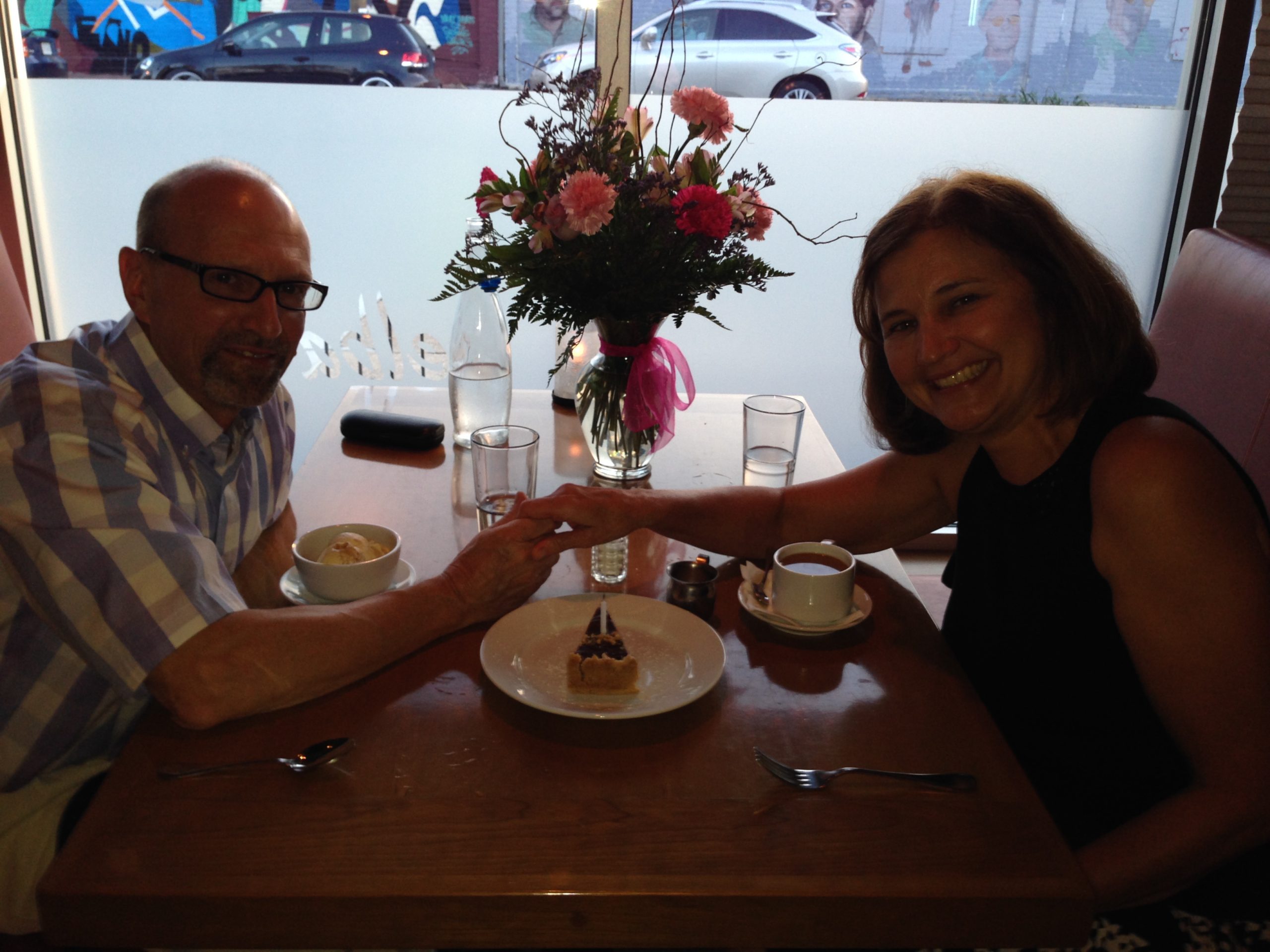Cancer Blog #54
By Brian Zimmerman
Begun on July 31, 2021
Email: dyingman1@yahoo.com
My Dying Words
Entry #54 – The Fragility of Our Lives
September 10, 2022
[Psalm 144:3-4 NASB95] 3 O LORD, what is man, that You take knowledge of him? Or the son of man, that You think of him? 4 Man is like a mere breath; His days are like a passing shadow.
The psalmist reiterates a theme mentioned often in the psalms. He never seems to tire of it, viz., the fragility of the life of man. He describes man with a comparison we have seen a number of times, as a mere breath. As I’ve mentioned before, I think this comparison may be due to the Genesis account of the creation of our father, Adam. There God took dirt, molded it into human shape, and breathed life into it, making a living, breathing man. That breath gave us life from God, but also marked our frailty and dependence, a dependence we have had ever since. It has always amazed me how quickly we can die without a breath. For instance, we can drown in a matter of a few minutes. We live truly merely a few breaths away from our death.
Next he compares our lives to a shadow. Could there be anything more insubstantial? I will never forget one of my first plane rides on a large commercial jet. I looked down thousands of feet and saw the shadows of clouds slowly moving over the fields and mountains. Though the shadows were enormous, they had even less substance than the clouds that caused them. They were completely transparent and left no trace of themselves behind as they moved up and down and over and under, following the clouds that generated them. Yet another picture of our lives: so wispy, so thin.
But what words does the psalmist use to describe our Creator? He is a rock (vs 1), a stronghold and a shield (vs 2). All words of one who is truly substantial, one whom we can stand on as He is so solid, one who can give us refuge and shelter as He can’t be breached, one who can protect us as He can absorb any blow directed to Him.
A life of fragility is no bad thing; it is a human thing. It is how we were constructed from the beginning before there was any sin. It is not the result of the fall. Yet, death was not part of that fragile dependency in the beginning. It only came in as a result of our forefather’s (and our) desire to become god without needing a god (which is the Mormons’ desire), a denial of our frailty and a rejection of our dependence on the One who made us, who shelters and now defends us, if we will but ask Him to. Never forget that your life is only a breath away from its end and your time here is as insubstantial as any shadow.
Next: Our Lives Are Written
